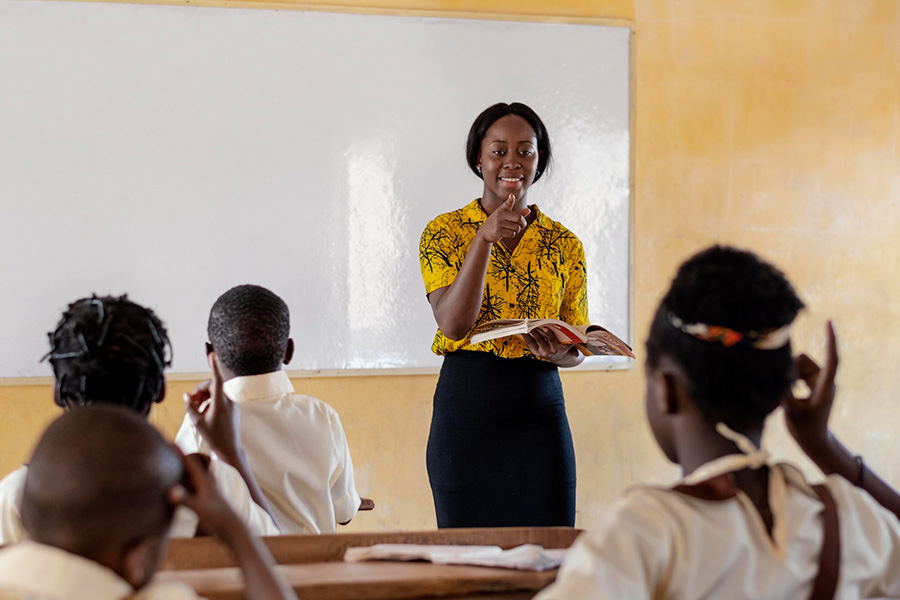
The findings show that most respondents agreed that publishing in open-access journals increased visibility and readership, had a more significant impact, facilitated collaboration and interdisciplinary research, was cost-effective and provided accessibility.
Authors
A. Subaveerapandiyan, Department of Library and Information Science, DMI-St Eugene University, Lusaka, Zambia; Department of Library, Bennett University, Greater Noida, India.
Neelam Tiwary, School of Computer Science and Information Technology, DMI-St Eugene University, Lusaka, Zambia.
Cecilia Christabel Kasonde, Department of Library, Kwame Nkrumah University, Kabwe, Zambia.
Jeremiah Emeka Ugwulebo, Department of Library and Information Science, University of Port Harcourt, Port Harcourt, Nigeria.
Mohammad Amees, Department of Library, O.P. Jindal Global University, Sonipat, Haryana, India.
Summary
This paper aims to investigate the knowledge and experience of Zambian teaching faculties with scholarly communication and dissemination practices.
Methodology
The researchers used a survey to quickly obtain information about a large sample of individuals of interest. The study population consisted of faculties from two Zambian public universities with research and publication experience. The researchers used random sampling techniques. A total of 125 valid responses were received from the selected population.
Findings
The findings show that most respondents agreed that publishing in open-access journals increased visibility and readership, had a more significant impact, facilitated collaboration and interdisciplinary research, was cost-effective and provided accessibility. Google Scholar was the most commonly used platform, followed by ResearchGate and ORCID.
Research limitations
This study’s limitations focus on only two Zambian public universities. This study’s practical implications include improving the universities’ open-access policies and educating faculties on the benefits of open access.
Originality
This study’s originality lies in exploring the Zambian teaching faculties’ perceptions of open access and academic social networking sites. The results of this study can help universities and researchers in Zambia to understand the importance of scholarly communication and dissemination practices and help them implement effective policies for promoting open-access publishing, institutional repositories and academic social networking sites.
Published in: Global Knowledge, Memory and Communication
To read the full article, please click here.

